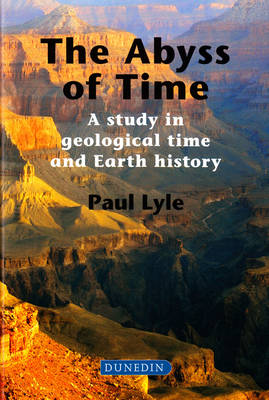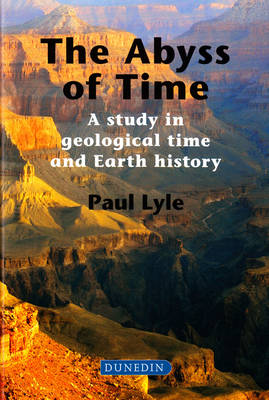
- Afhalen na 1 uur in een winkel met voorraad
- Gratis thuislevering in België vanaf € 30
- Ruim aanbod met 7 miljoen producten
- Afhalen na 1 uur in een winkel met voorraad
- Gratis thuislevering in België vanaf € 30
- Ruim aanbod met 7 miljoen producten
Omschrijving
Winner of the ASE Science Book of the Year Award 2016/17.
Geologists are among that group of scientists who must factor the passage of time into their investigations and they thus have a perspective on time that sets them apart from many other researchers. The proposition that geological time is vast, encompassing thousands of millions of years, is relatively recent. It is a concept that remains controversial and unacceptable to many people today who still consider the Earth to have been made to a timetable covering no more than ten thousand years.
Paul Lyle examines how our fascination with time has developed from our earliest ancestors' recognition of the cycles of the sun and the moon. It considers the passage of time as a series of non-repeatable events, Time's Arrow, in contrast to time as a series of repeated processes, Time's Cycle, both of which can be used to explain geological features on the Earth's surface.
The author argues for a greater understanding of geological or 'deep time' as society becomes more aware of the vulnerability of the Earth's resources to over-exploitation by an expanding consumer society. This debate and the controversy surrounding global warming emphasises the importance of geological time to the process of economic and political decision-making. It is a book for those interested in the intellectual challenge presented by the extent of geological time. It is written for environmentalists and policy-makers who wish to better place their concerns and decisions in proper context but, above all, it is a book that offers to share a geologist's appreciation of time with the widest possible audience.
Specificaties
Betrokkenen
- Auteur(s):
- Uitgeverij:
Inhoud
- Aantal bladzijden:
- 204
- Taal:
- Engels
Eigenschappen
- Productcode (EAN):
- 9781780460390
- Verschijningsdatum:
- 19/11/2015
- Uitvoering:
- Hardcover
- Formaat:
- Genaaid
- Afmetingen:
- 155 mm x 236 mm
- Gewicht:
- 635 g

Alleen bij Standaard Boekhandel
Beoordelingen
We publiceren alleen reviews die voldoen aan de voorwaarden voor reviews. Bekijk onze voorwaarden voor reviews.











